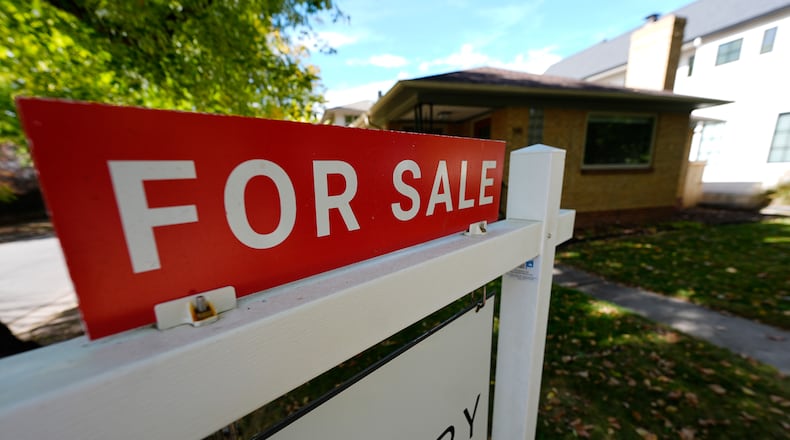House Bill 129
The main thrust of HB 129 — it has been introduced in previous bills several times and never advanced past a few hearings — is to include emergency and substitute levies in the 20-mill floor calculation for school districts, which would restrict huge revenue spikes like the ones many districts received when property values jumped in the past five years.
Roughly 237 Ohio school districts have used emergency and substitute levies to gather large windfalls from property value increases — thanks to being on the 20-mill floor — which are in addition to annual revenue the districts are guaranteed to receive from these levies that are not currently included in the 20-mill floor calculation.
It would cut school district revenues and save taxpayers $89 million next year, $114 million in 2027 and $127 million the year after.
House Bill 309
HB 309 reduces unnecessary property tax collections by expanding the County Budget Commission’s authority to modify levies and reduce a taxing unit’s millage if the commission deems a local government would receive unnecessary or excessive property tax collections.
It would also increase transparency by clarifying the authority budget commissions currently have and increase transparency when addressing windfalls of revenue that have not been the result of a vote.
No single solution to state’s property tax woes
These two pieces of legislation were approved in the state budget and unanimously recommended, with slight modifications, by the Governor’s Ohio Property Tax Working Group, which is composed of various school and local government leaders.
Paul Imhoff, director of governmental relations for the Buckeye Association of School Administrators, told this news outlet “they almost got it there, they missed a couple of things.” While they appreciate the legislators’ “willingness to make some changes” taxes will still go up for taxpayers in districts with substitute levies and after five years for newly named “fixed sum” emergency levies.
“We certainly don’t want to do anything that is going to raise property taxes,” he said. “Which is why we’ve been advocating for the ability to be able to renew both the emergency and substitute levies as fixed sum (levies).”
He said they are already working on the Senate side of the aisle to make more changes.
Republican legislators included several property tax reform items in the last biennium budget, but Gov. Mike DeWine vetoed four of them. The House intended to override three of the four vetoes but only mustered votes to override the veto of one item — the elimination of a school district’s authority to levy certain kinds of taxes.
“This is not the property tax relief that our residents are asking for,” Rep. Chris Glassburn, D-North Olmstead, said. “This is one of several technical changes that we are trying to do to make the system right in the future but this is not going to change the vast majority of Ohioan’s bills and to the extent that it helps people, it is to prevent damage we caused in that override.”
Thomas said the legislature for the past 50 years has codified tax breaks for schools and that is partly to blame for the problem.
With the passage of HB 129 he said, “I don’t think we can let the perfect be the enemy of the good, which is what we’re trying to do today.”
“We are not cutting, we are not slashing, we are protecting our taxpayers across the state of Ohio, it is not the cure, it is not the be-all-and-end-all, no bill that you see before us will be,” he said.
About the Author
